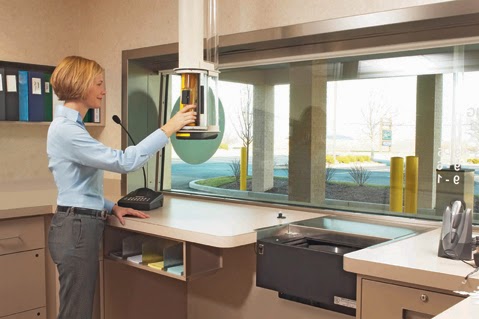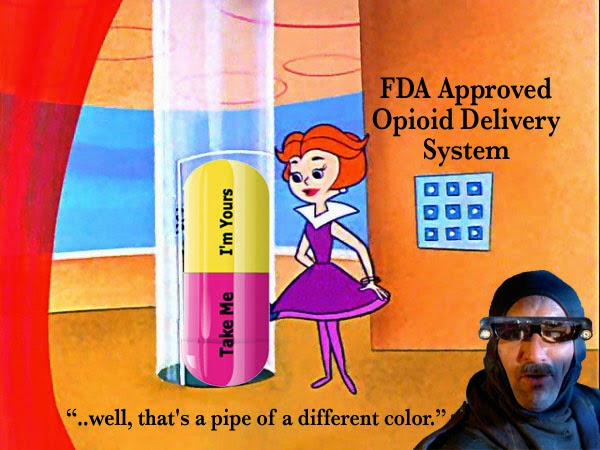The Food and Drug Administration (FDA) announced the establishment of a docket (here) to receive suggestions, recommendations, and comments on innovative packaging, storage, and disposal systems, technologies or designs (“designs”) that could be used to prevent or deter misuse and abuse of opioid analgesics by patients and others.
Comments submitted in response to this notice will help the Agency determine whether innovative designs for opioid analgesic packaging, storage, and/or disposal systems could help prevent or deter misuse and abuse without diminishing access for patients with legitimate prescriptions.
These systems may include functionality to remind patients to take a dose, track when a dose is taken and how much is taken, and limit further access until it is time for the next dose. Additionally, many of these drug-device combinations electronically encrypt and capture the accumulated adherence data, which can be downloaded directly from the device or wirelessly transmitted to the prescriber.
I respectfully submit the following design …
My design is based on a pneumatic tube delivery system such as we’ve seen in The Jetsons and in the movie Brazil. The following is a conceptualization of how such a system would look in the typical home environment:
The “user” or “patient” with a valid prescription would enter a pass code via the convenient wall data entry system and an opioid capsule would be instantaneously delivered via the pneumatic system linked to the local pharmacy as shown below.
The technology is already in place at many banks and can be easily adapted for this use.
Of course, the systems records each request for a pill and will not deliver any drugs if the daily allotment has been delivered. In addition, the system will remind users to order their daily dosage to prevent withdrawal symptoms. Data will automatically be transmitted to the user’s physician and can be securely accessed via the Internet.
It is only necessary to install the necessary infrastructure — i.e, high-speed pneumatic tubes that link homes to local pharmacies. Funding for this should come from the pharmaceutical companies that manufacture opioids. QED.










![6 Digital Tools at the Center of Healthcare Digitalization [INFOGRAPHIC]](http://ec2-54-175-84-28.compute-1.amazonaws.com/pharma-mkting.com/wp-content/uploads/2021/04/6DigitalTools_600px-100x70.jpg)




